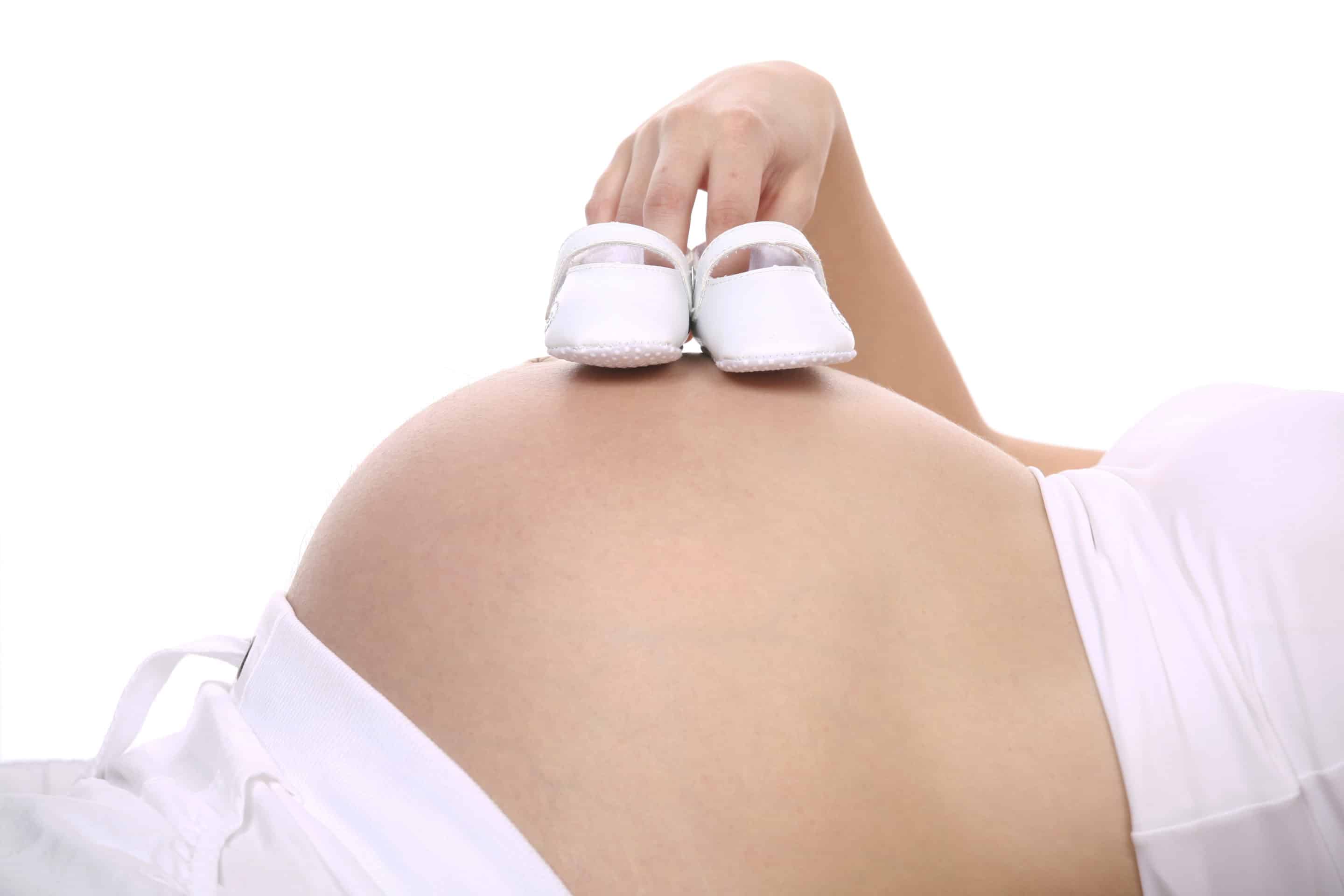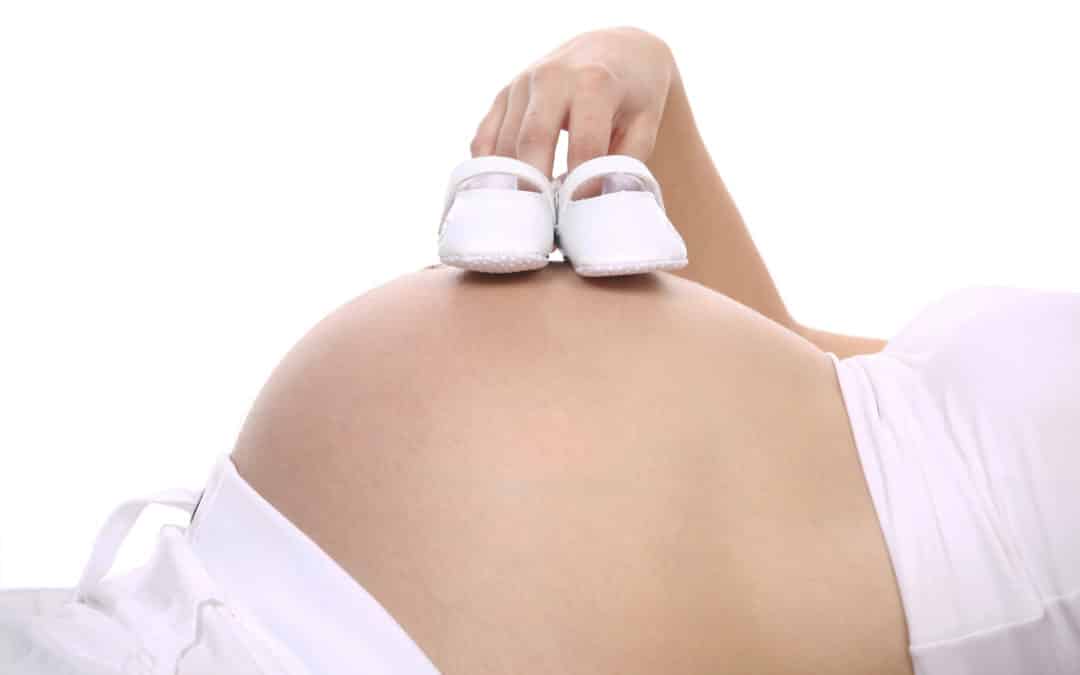
Perinatal support in osteopathy, advice and treatment indications
Osteopathy offers follow-up throughout pregnancy, from the 12th to the 37th week, but also post-partum after the gynaecological check-up at the 6th week. We offer you personalized support to reduce the functional discomforts associated with this metamorphosis, both physical and physiological.
- At the physical level, rapid weight gain in particular leads to a change in posture that can cause pain in the spine, most often lumbar and dorsal, sometimes even acute low back pain (lumbago), sciatica or torticollis.
- At the physiological level, in case of digestive disorders such as nausea, constipation and heaviness, and in case of venous problems.
Osteopathy is a preferred solution to relieve these pains and discomforts without taking contraindicated drugs for pregnant women. We always work directly with your gynaecologist to ensure your safety and that of your child. The purpose of osteopathy is to relieve you of your aches and pains by techniques adapted to the end of pregnancy, and in respect of your comfort. We do not mobilize your child but work on the structures around your baby. The objective of this work is to optimize the space necessary for its proper development, but also to improve your daily life by a better distribution of its supports in your belly. The osteopath will help you relax, release your tensions, regain mobility, and restore your body’s ability to adapt.
At the end of pregnancy, it is also recommended to consult an osteopath in order to prepare his pelvis for the constraints of your baby’s passage during delivery. Our role is to accompany you, relieve you and support you in order to welcome your baby in the most pleasant conditions possible. In osteopathy, we also treat you after childbirth to help you regain your posture. We have the pleasure of following your baby from the 4th week of life for a check-up. We are available to answer your questions at each session.
When to consult your osteopath during pregnancy?
- In prevention: as a follow-up during pregnancy and in preparation for a better delivery.
- Headaches: tension headaches, trapezius and jaw tensions.
- Back pain: low back pain (lumbago), sciatica, cruralgia, back pain and neck pain.
- Chest pain: intercostal pain, acid reflux and heartburn.
- Abdominal pain: constipation, bloating, nausea and vomiting, and diaphragm contractures.
- Pelvic pain: tension, sacralgia, coccygodynia and supra-pubic ligament pain.
- Emotional disorders: anxiety, fatigue, feelings of oppression, sleep disorders, a depressive state.
- Circulatory disorders: heavy legs and oedema.
When to consult your osteopath after giving birth?
- In prevention: during a post-partum check-up, to rebalance the pelvis and allow the young mother an optimal recovery. Joint mobilization for future perineal rehabilitation in physiotherapy.
- Vertebral pain: lumbar and pelvic pain (sacrum, coccyx and perineum), back and neck pain.
- Urinary incontinence and pelvic floor weakness.
- Pain during sexual intercourse (dyspareunia).
- Disorders or depressive states, baby blues, anxiety, fatigue, or stress.
- Caesarean sections and epidurals: by working on scars and rebalancing the cranio-sacral balance.


